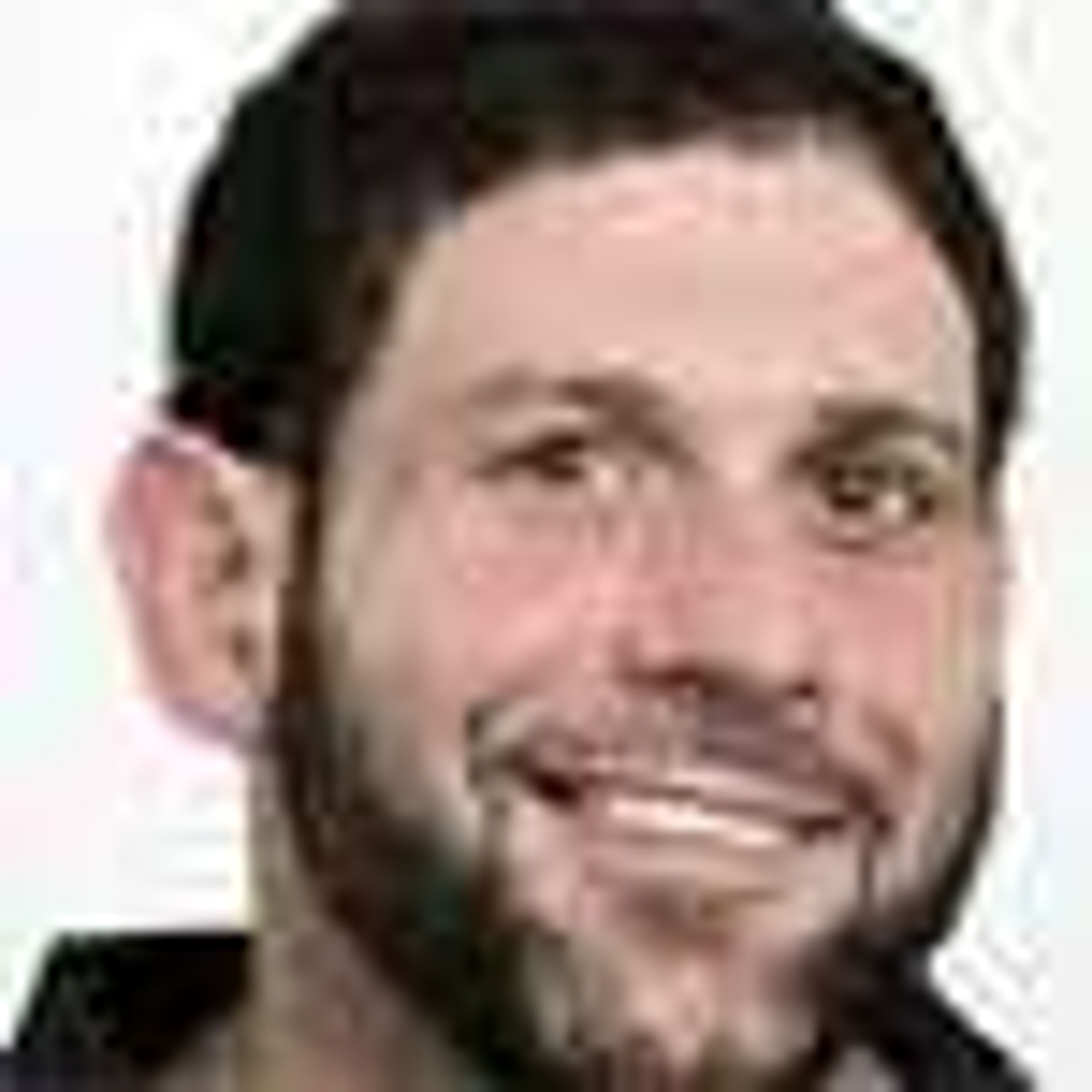NCAA RULE ALSO A JOB FOR COACHES
Southeast Missouri State University athletic director Carroll Williams says the new NCAA ruling that allows scholarship athletes to hold part-time jobs during the school year will need to be closely monitored by coaches as well as other athletic department personnel...
Southeast Missouri State University athletic director Carroll Williams says the new NCAA ruling that allows scholarship athletes to hold part-time jobs during the school year will need to be closely monitored by coaches as well as other athletic department personnel.
But if it is, says Williams, then he doesn't foresee any real problems, although the potential is certainly there for some.
"It has its good points and its bad points, just like everything else," said Williams. "As far as potential NCAA violations, a coach has to educate his or her players on what can and can't be done and it's our responsibility to educate the employers on what can and can't be done.
"It's certainly going to be a nightmare to keep track of everything, but it's something that everybody has to do. It puts a lot more paperwork on us and the coaches."
Starting in August, Division I scholarship athletes who have been enrolled for one year will be able to earn up to $2,000 a year. They can work while their sport is in season and the jobs can be arranged by the athletic department or boosters.
Many coaches and administrators worry that the decision, announced Wednesday, will encourage booster groups to become involved and possibly bring into play a new wave of cheating -- athletes being paid for work they never did, or athletes being paid above-market wages.
Athletes being paid for work they never did or being paid at above-market wages has long been a concern regarding summer jobs, which student-athletes have always been allowed to hold.
In fact, one of the alleged major violations in the recent three-year probation handed down by the NCAA to Southeast's men's basketball program centered around student-athletes being paid above-market wages for summer employment.
Another of the alleged major violations against Southeast centered around a red-shirt player being paid for work-study duties that he did not actually perform. That player was not on scholarship at the time, which allowed him to hold a job.
"We'll have to have a mechanism where we can educate the employers on this type of thing," Williams said.
The head coaches of the two highest-profile sports at Southeast -- men's basketball and football -- expressed disappointment with the NCAA's ruling.
"I don't like it at all," said men's basketball coach Gary Garner. "I just think we really opened up a can of worms. There's no doubt it could cause some potential NCAA problems.
"We'll have to monitor it very closely, making sure the athletes are paid the going rate. Every university will have to make sure everything is done properly."
Another concern that Garner has -- and one expressed nationally by coaches -- is that recruits will expect coaches to guarantee jobs.
"You talk to a player and he might want to know what kind of job we'll be getting him and that kind of thing," Garner said.
Football coach John Mumford said that what Southeast has only recently gone through with the NCAA magnifies how difficult it is for an athletic department to monitor everything that happens -- and that was before this latest ruling.
"With what we've just gone through, I don't think the NCAA has taken into consideration the amount of monitoring it takes to make sure this is done appropriately," he said. "At the major Division I programs, like Nebraska, Auburn and others, they'll have the monitoring people to take care of this. At the smaller schools, it's going to be a big headache."
Bridgit Niland, head of the NCAA's student-athlete advisory committee, lauded the ruling that allows athletes to work. But she said she doubts whether most athletes will seek jobs.
"There are too many time demands on these kids," she said. "The only time the abuse is going to happen is when it's facilitated by a coach or an athletic director."
Mumford and Garner also said they doubt most of their players would be able to find the time to work.
"I would think it would be very difficult, with all the time demands of getting up and going to class, lifting weights and going to practice, attending study hall, and still having a social life," Mumford said.
Williams said the measure was adopted primarily to give the student-athletes the same basic opportunities that the regular students have as far as working to help pay their bills.
"The student-athlete advisory board to the NCAA felt strongly that it's not fair that the athletes can't have jobs but other students can," he said. "I don't think you'll find a lot of athletes working in their season, but during the offseason I think you will."
Added Mumford, "I know all the arguments that the students on academic scholarship are not held to these restraints and that's a valid argument. But at the same time, if you're not going to have the proper monitoring system in place, it makes it extremely difficult."
Some information for this story was provided by The Associated Press
Connect with the Southeast Missourian Newsroom:
For corrections to this story or other insights for the editor, click here. To submit a letter to the editor, click here. To learn about the Southeast Missourian’s AI Policy, click here.








